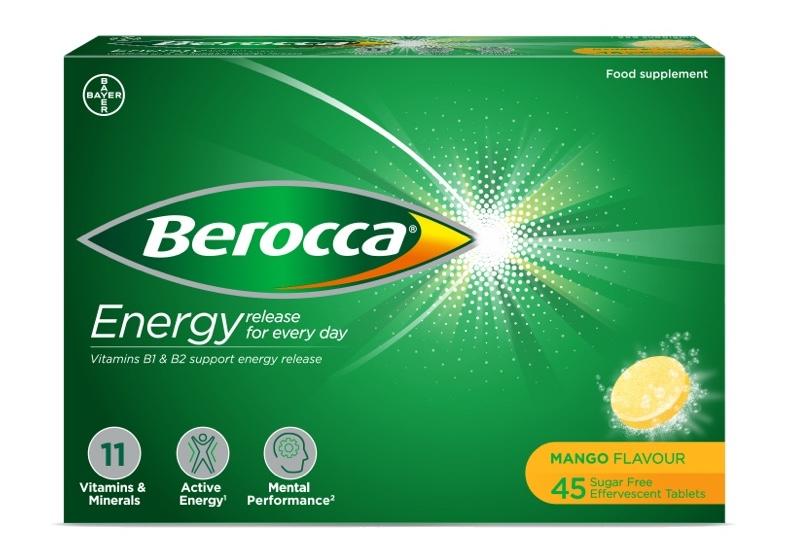Vitamin B3 (Niacin): what it is, role and uses
Table of contents
Vitamin B3, or niacin, is one of several essential vitamins that your body needs to properly function. It helps to support energy release, reduce tiredness and fatigue and supports normal psychological function.
With so many functions and uses, it can be tricky to know where to start when learning about vitamin B3. So we’ve put together a guide on what vitamin B3 is, its role in the body, which food you can find it in and our recommendations for this vitamin.
Vitamin B3: what is it?
Vitamin B3 is one of the essential eight B vitamins and is crucial to keeping you healthy by performing a number of functions in your body. The other B vitamins are vitamin B1 (thiamin), B2 (riboflavin), B5 (pantothenic acid), B6 (pyridoxine, pyridoxal, or pyridoxamine), B7 (biotin), folate and folic acid (B9) and vitamin B12 (cobalamin).
There are two kinds of niacin, called nicotinic acid and nicotinamide, both of which are found in the food you eat and are the most common forms of vitamin B3 found in dietary supplements. They are very similar, but have slightly different chemical structures.
Vitamin B3 is a water-soluble vitamin, so it cannot be stored in the body for future use. This means you need to regularly replenish it, making sure it’s in your diet every day. You can read more about how much vitamin B3 you need every day and what sorts of food you can find it in below.
Vitamin B3 (Niacin): roles and functions
Vitamin B3 plays several roles in the body. These include:
- Brain - Supports the brain by helping normal psychological function
- Energy - Helps to generate energy from your food by supporting the enzymes needed for cellular metabolism and helps to reduce tiredness and fatigue
- Nervous system - Helps to maintain the normal functioning of the nervous system
- Skin – Helps to maintains normal skin
Vitamin B3 (Niacin): food sources
You should be able to get all the vitamin B3 you need from your diet as it’s available in a range of different kinds of food. Some of the food sources of vitamin B3 include:
- Tuna
- Beef
- Pork
- Chicken Breast
Often, vitamin B3 is found in high quantities in meat products, which means you need to look elsewhere if you’re vegan or vegetarian. If you follow one of these diets, you can find vitamin B3 in foods like:
- Whole-wheat foods such as brown rice, pasta and whole-wheat bread
- Avocados
- Potatoes
- Mushrooms
- Food that has been fortified to include vitamin B3 (such as some breakfast cereals or breads)
- Nuts
You can also supplement your intake with dietary supplements like multivitamins – just look for vitamin B3 or niacin on the label!
Vitamin B3 (Niacin): supplements and daily intake
The EU NRV (Nutrient Reference Value) for vitamin B3 is 16mg (nicotinamide). You should have no problems getting all the vitamin B3 you need from a healthy diet with well-balanced meals.
If you feel like you need a little extra support to get all the vitamins and minerals you need, you could consider adding dietary supplements to your daily routine which contains vitamin B3. Why not try Berocca? Berocca contains eight B vitamins, including Vitamin B3, to help support energy release and keep you on top form every day.
Want to support your health with a little extra boost? Spark your energy with Berocca Boost. Berocca Boost contains vitamin B3 to help naturally generate energy from your food as well as caffeine* to improve alertness, ideal for when you’ve hit a natural lull in your day.
*Do not exceed 400mg of caffeine per day. Not recommended during pregnancy or for those breastfeeding.
Find
The nearest shop
Get more time in your day with less time shopping. Get your Berocca from a store nearby.
*Contains caffeine which helps improve alertness. Do not exceed 400mg of caffeine per day. Not suitable for those pregnant or breastfeeding.





